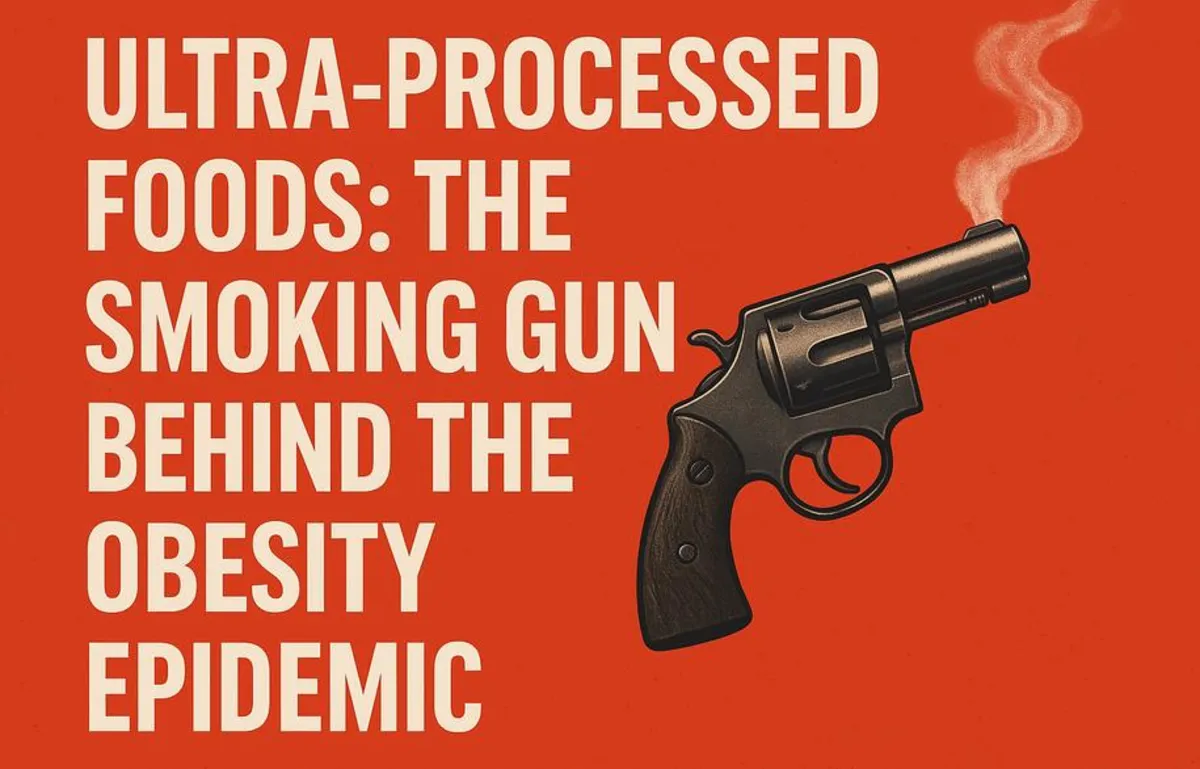
For years, the mainstream narrative around weight management has been simplistic: “It’s just calories in, calories out.” The idea was straightforward—move more, eat less, and the problem of obesity would be solved. However, a groundbreaking study recently published in PNAS has challenged this oversimplified model, revealing that ultra-processed foods (UPFs) are not merely empty calories; they are, in fact, metabolic disruptors.
The researchers conducted a rigorously controlled trial comparing diets high in UPFs to those composed of minimally processed foods. The results were striking: individuals consuming UPFs ingested significantly more calories and experienced weight gain, even though both dietary groups were matched for macronutrients, fiber, sugar, and sodium. This finding doesn’t just create a crack in the traditional calories-in/calories-out paradigm; it delivers a powerful blow to it.
Ultra-processed foods interfere with key biological mechanisms, including satiety signals, gut hormones, and reward pathways. These foods are meticulously engineered to be hyper-palatable, making it easy to overconsume them. Essentially, when you opt for UPFs, you’re choosing a product designed to override your body’s natural hunger and fullness cues.
Even with a controlled exercise regimen, the study showed that participants on a diet heavy in UPFs still gained weight. This challenges the notion that physical activity alone can counteract the effects of a poor diet. In other words, that morning jog won’t necessarily offset the damage done by indulging in a dinner of frozen pizza and artificially colored snacks.
This discussion is not about shaming individuals for their food choices or bodies. Rather, it’s an urgent call to recognize a flawed system that has misled people into believing that their struggles with weight are merely a matter of willpower. The truth is that what we are facing is a form of biochemical warfare, disguised as convenient food options.
Next time someone reiterates the tired adage of “just eat less and move more,” share this compelling study with them. Then, pose the question: why does Big Food continue to produce these edible plastics while public health deteriorates? The answer is telling: it’s not because they prioritize your health or macronutrient intake.
📎 For further insights, you can read the full study in PNAS. Additionally, there’s an enlightening article in the Washington Post addressing the question: “What causes obesity?” This major new study is reshaping our understanding of this pressing issue.